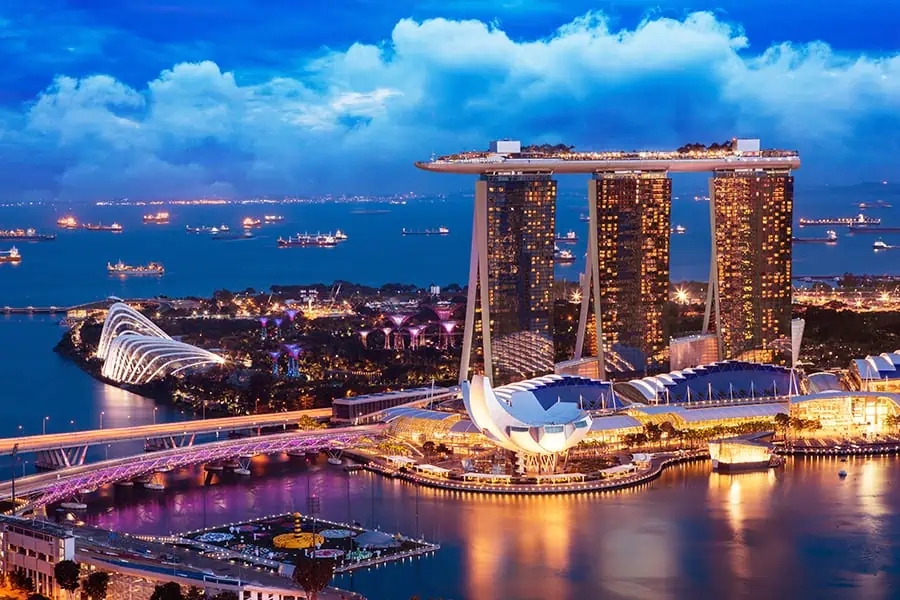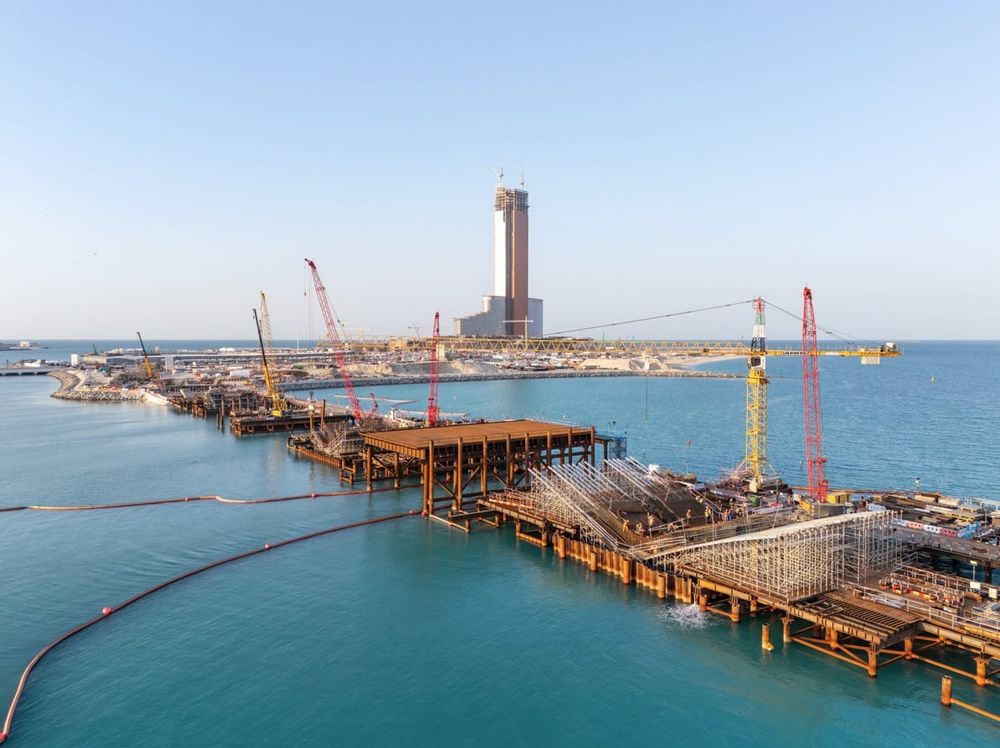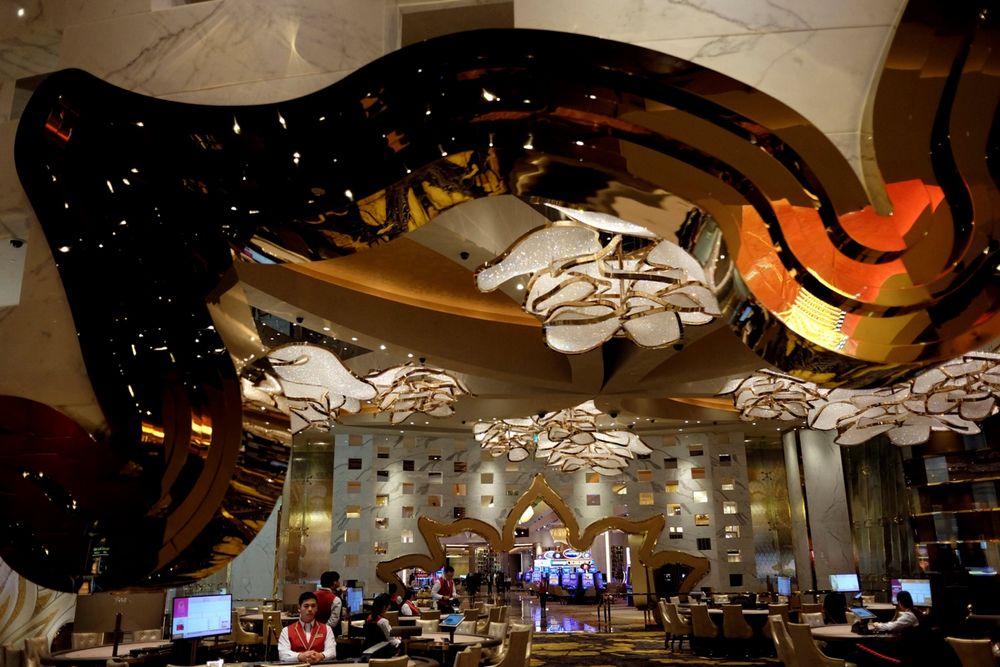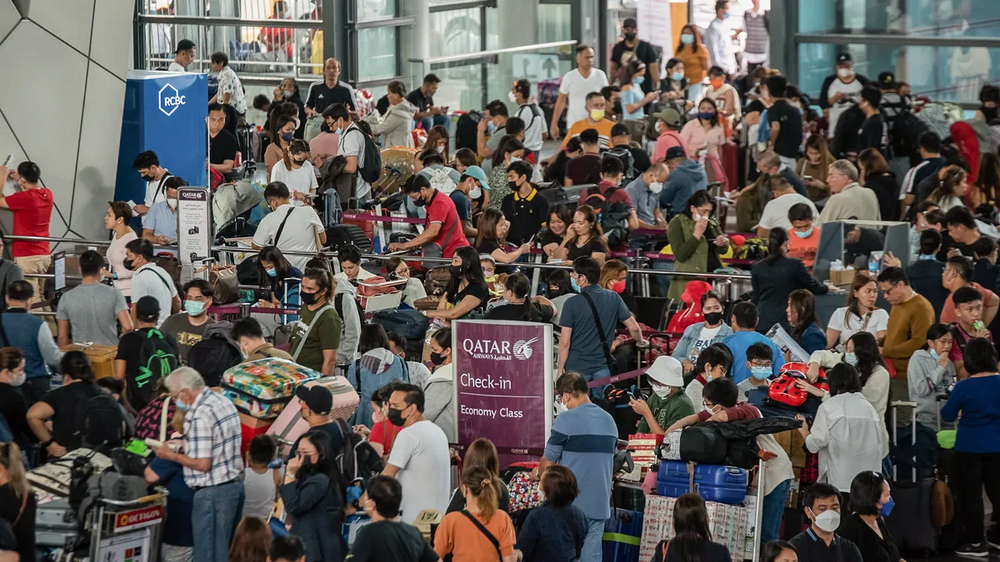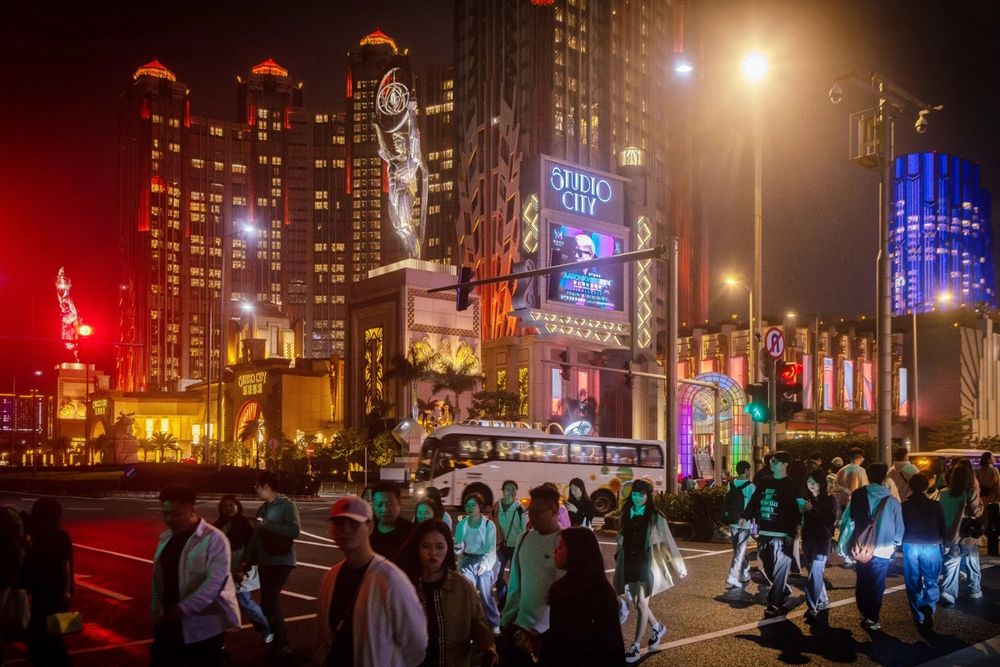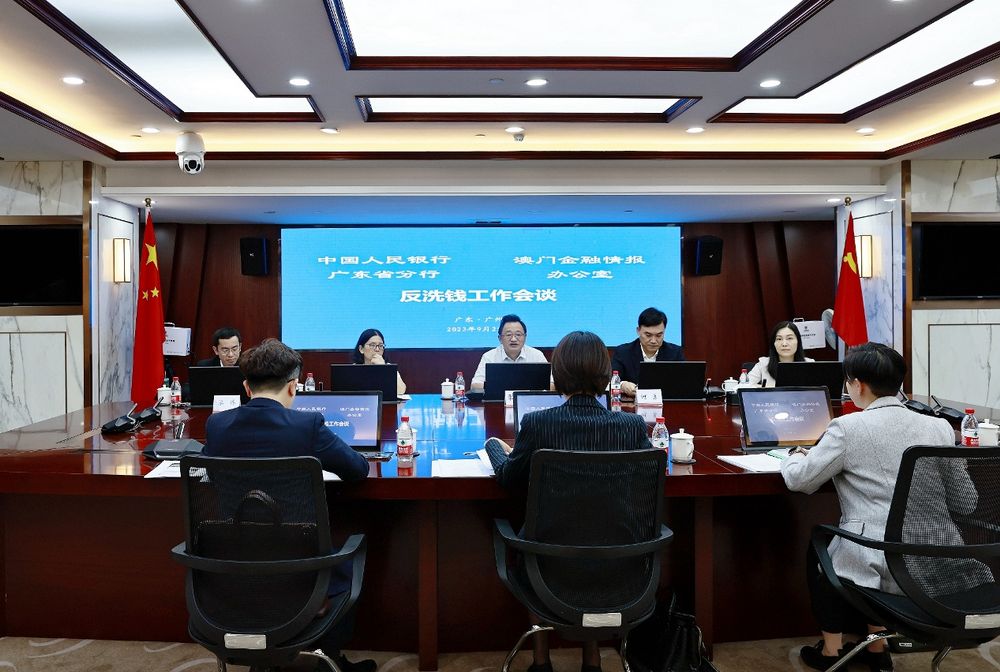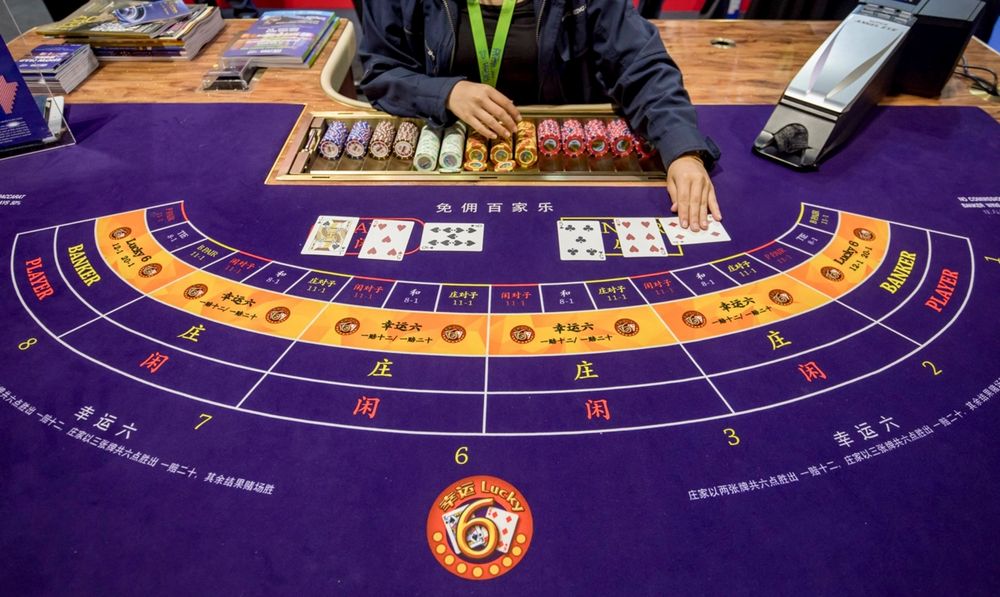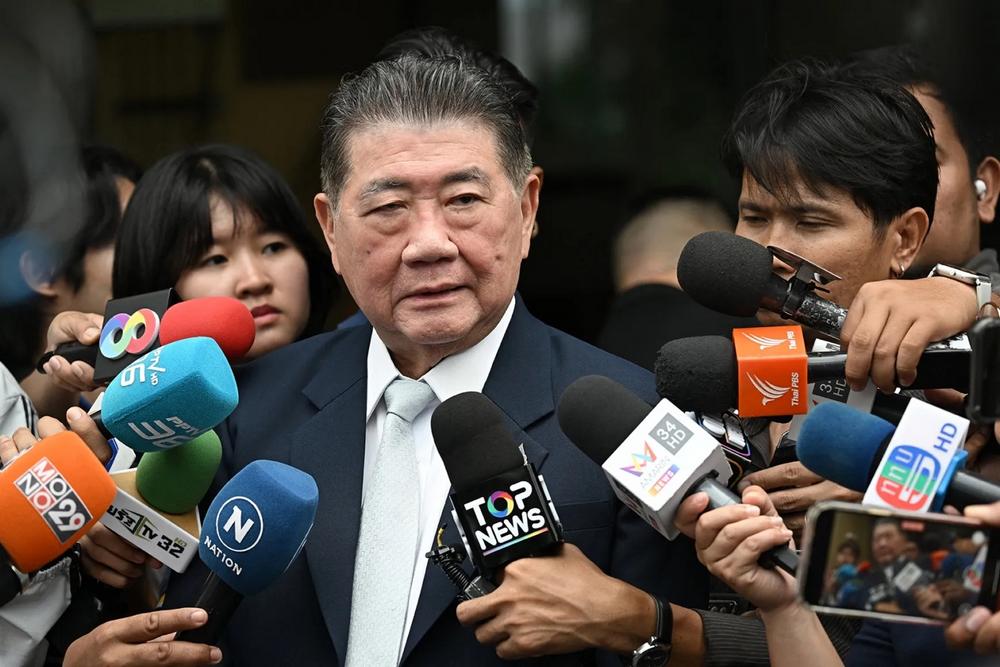Bangkok, Thailand – As of early September 2025, the future of Thailand’s casino legislation remains precarious amid escalating political tensions. The Pheu Thai Party’s coalition, led by Prime Minister Paetongtarn Shinawatra, faces growing instability, threatening the advancement of the Entertainment Complex Bill. Parliamentary debates originally scheduled for mid-2025 have been postponed indefinitely, with experts projecting that casino legalization efforts may only resume in 2026, contingent on the coalition’s ability to regain unity.

Prime Minister Shinawatra recently emphasized the critical importance of coalition cohesion, stating she “hailed the necessity of unity within the coalition but fumed over the mounting resistance that threatens delays.” Her statement highlights the administration’s urgent push to move forward with the bill while managing opposition, particularly from the Bhumjaithai Party, which has voiced strong reservations regarding the proposed legislation.

The Entertainment Complex Bill is currently under procedural review by a special Senate committee, with an official assessment period of up to 180 days mandated under Thai parliamentary rules. The legislation aims to establish a comprehensive regulatory framework governing casino resorts, including licensing protocols, operational oversight, and mandatory social safeguards aligned with national gaming and entertainment codes. Approval requires consent from both houses of parliament to become law.
Market analysts warn that continued delay risks significant economic consequences. Legalizing casinos is anticipated to bolster tourism, attract foreign investment, and create jobs, potentially transforming Thailand into a regional gaming hub. However, protracted political deadlock threatens investor confidence and complicates diplomatic efforts linked to Southeast Asian tourism and trade strategies, where gaming regulatory reforms play a strategic role.
As political turmoil persists, Thailand stands at a crossroads: will the Pheu Thai coalition overcome internal divisions to unlock the country’s casino potential by 2026, or will legislative inertia leave the bill stalled indefinitely, risking regional competitiveness and economic opportunity?











